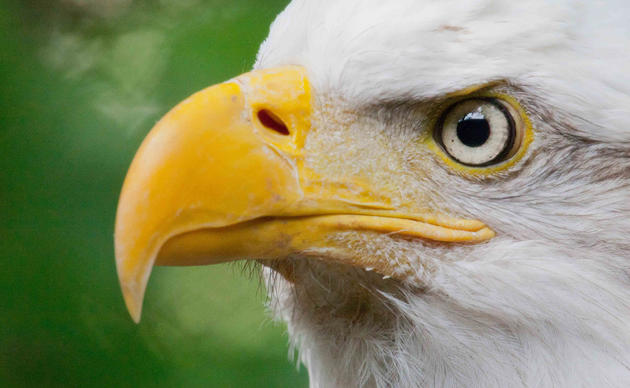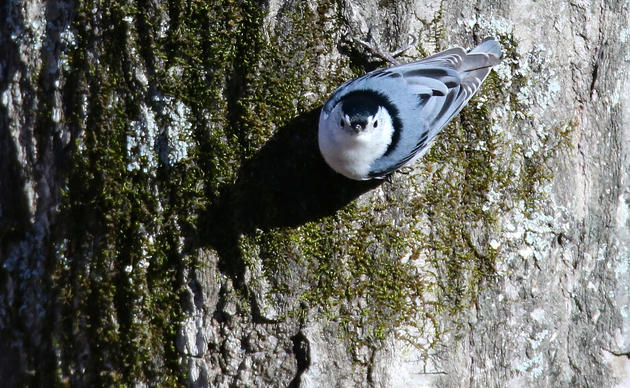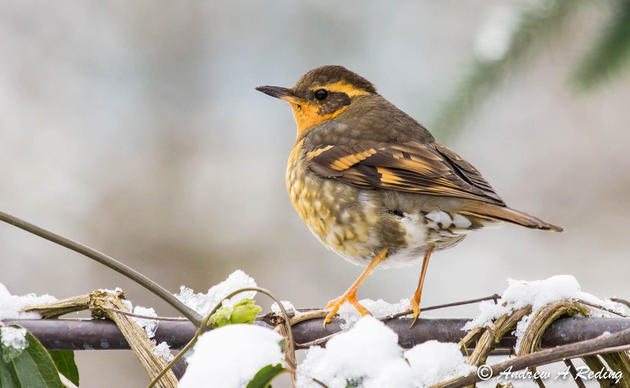Ever wonder how smoky skies and poor air quality from nearby wildfires impact birds? This summer, thousands of volunteers along the West Coast are taking ten minutes each week to help answer this question. Their efforts are part of Project Phoenix, a community science initiative led by researchers at UCLA and the Natural History Museum of Los Angeles County and supported by Audubon Washington and numerous other partners. The monitoring program is collecting data to study how wildfire smoke and poor air quality affect bird behavior and species distribution.
Launched in 2023, Project Phoenix has already surpassed its initial goals for community engagement. Last year, about 400 volunteers submitted weekly bird checklists. This year, nearly 2,000 people have joined the effort. “Community science makes this project possible,” says Yuka Wu, Communications Lead for Project Phoenix. “With so many eyes and ears on the ground, we can collect data at a scale no single research team ever could.”

A Simple but Powerful Survey
The Project Phoenix survey is open to all birders and bird enthusiasts, regardless of previous birding experience. Once a week, volunteers spend ten minutes recording the birds they see or hear, typically from a stationary spot, such as a backyard or balcony. They log their observations in eBird and tag the checklist with the hashtag #ProjectPhoenix, allowing researchers to track the data.
These weekly surveys provide an ongoing record of bird activity during the height of wildfire season between July and November. Researchers then compare bird observations with ground-based air quality measurements to look for patterns.

Why It Matters
Scientists have long known that birds are sensitive to air quality – think of the “canary in the coal mine” example – but surprisingly little research has focused on how wildfire smoke specifically impacts them. Project Phoenix is helping to fill that gap.
For example, the team is looking into whether poor air quality due to wildfire smoke makes birds more reliant on human-provided food and water sources. One hypothesis suggests that smoke exposure fatigues birds and reduces foraging efficiency, leading to increased visits to backyard feeders. Another proposes that smoke particles dirty birds’ feathers, causing them to seek out bird baths and other clean water sources.
“We’re still collecting data, but the patterns we uncover could tell us a lot about how birds cope with increasingly smoky summers,” Yuka explains. “That, in turn, can help us understand broader ecosystem impacts and even inspire people to make small changes in their own backyards, like putting out feeders and offering clean water during fire season.”

Learning Together
Because many volunteers are new to birding, Project Phoenix hosts workshops, bird walks, and trivia nights to help participants build their skills. These events also foster a sense of community and keep volunteers engaged throughout the survey season. With fall migration now underway, the project team hopes participants will gain confidence in identifying both resident birds and migrants passing through.
For Yuka, who got into birding during the early days of the pandemic as a high school student, the project is also personal. “I became really interested in knowing what birds were in my backyard, and that made me realize that there’s a whole community of people who love birds. Now I get to help others discover the same joy while contributing to science.”
Get Involved
Project Phoenix is still recruiting volunteers, and anyone can join until the end of the survey season. Participation is open to anyone, regardless of experience. All that’s needed is a willingness to spend ten minutes each week observing birds and submitting a checklist.
To learn more about Project Phoenix or to sign up as a volunteer, visit https://www.project-phoenix-investigating-bird-responses-to-smoke.org/get-involved.



